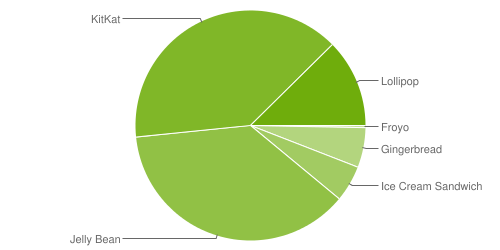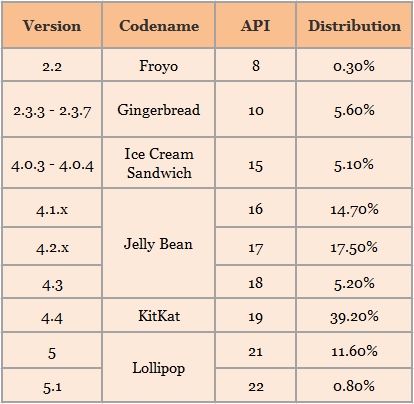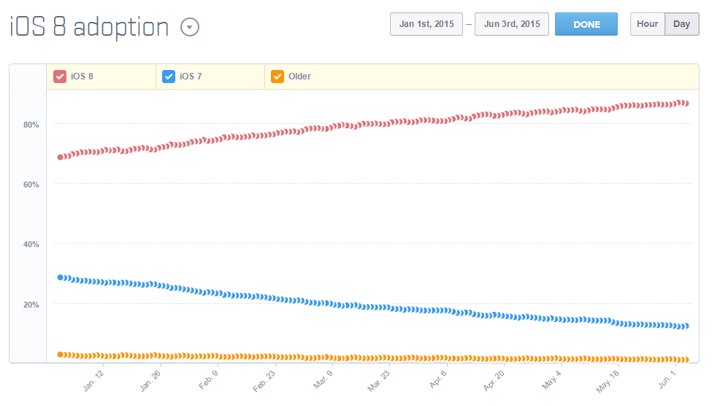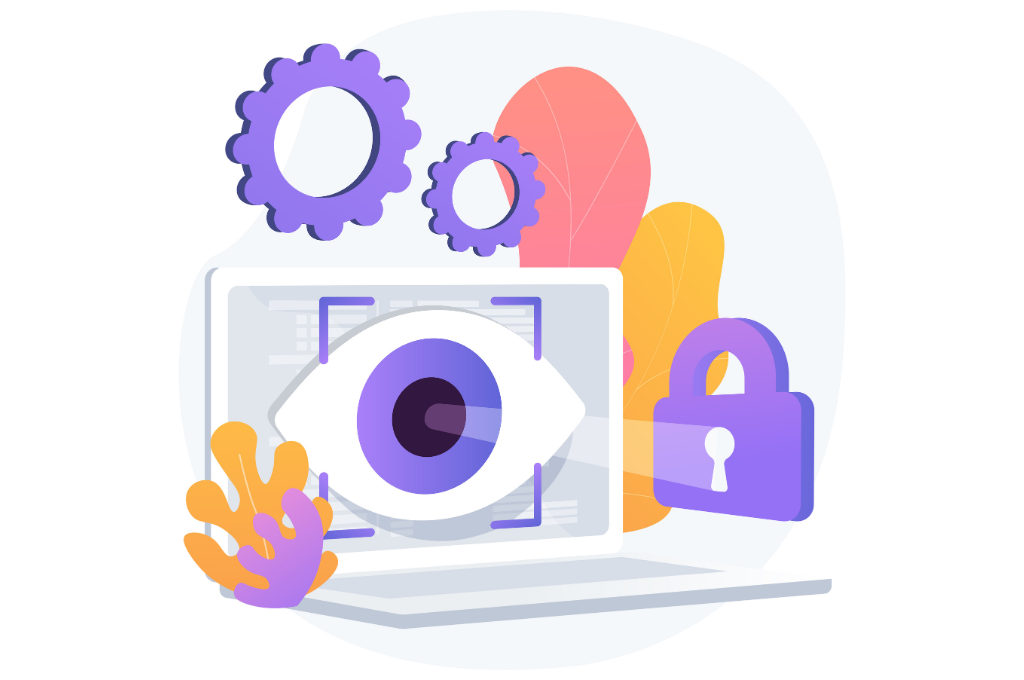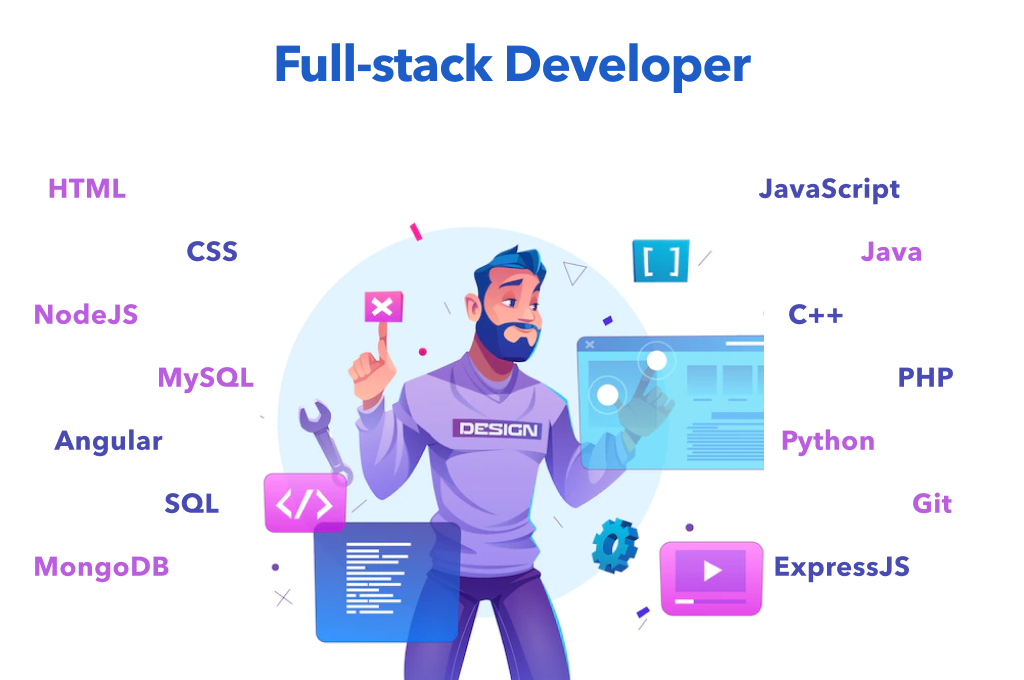With an ever-increasing number of mobile device users, mobile application development is becoming progressively competitive and is considered one of the largest tech industries in the world. If you are looking to get an app built for your business, your first and obvious consideration would be, which platform should you opt for first, iOS or Android?
Both iOS and Android apps have their own set of pros and cons, so it is necessary to have a good understanding of what each platform offers that the other doesn’t. Being a web and mobile apps development company ourselves, we have seen customers facing short and long-term challenges due to lack of understanding, first hand. Some scenarios may even require getting apps built for both platforms simultaneously.
Let's take a closer look at the various criteria that need to be considered to decide what platform your mobile app should be developed on first.
Global Market Share and User Base
The Android platform occupies a very large global user base, taking up almost 85% of the mobile devices market share all over the globe. However, the majority of iOS users is from a higher income group that is willing to spend more on applications.
On the other hand, a large portion of Android users is from developing nations and lower income groups. Your target audience is one of the first and most important considerations before you start building your app, so choose your platform and market wisely.
Type of Revenue Model
Most of us build apps to earn some money from it in the long run. The revenue model used for apps may differ, but the end goal is the same. If the objective is to provide free or affordable, ad-supported apps to users, with the primary revenue stream being the advertisements, then, the Android platform would be the better choice because of its smooth and easy integration with Google Ads. iOS users tend to spend more on purchasing ad-free apps, so if your primary revenue stream is app sales, this is the platform you should opt for.
Since iOS users tend to be from a high-income group, apps on this platform tend to have a greater income generation. However, Android apps have greater reach as all income groups tend to use Android devices, generating more revenue as your application becomes more popular.
Because of better revenue generating capabilities and value-added abilities, it is no surprise that Gartner predicts Android losing out more higher-end users to iOS in the near future. Additionally, iOS users are also more likely to make in-app purchases, which can make the application even more profitable.
Version and Device Fragmentation and Testing
One of the major problems with the Android platform is the high degree of fragmentation, both in terms of the OS version, and the variations in screen sizes and hardware. There are a number of Android devices with different specifications and even OS versions. Less than 30% of the Android population are using the latest Lollipop version, according to the Android Developer site dashboard.
Source: Android Developer
Source: Andoird Developer
However, most iPhone and iPad users are using iOS 8 according to a MixPanel Report on iOS adoption, and the devices aren’t that different in terms of hardware and screen size.
On top of that, even though Android has open source licensing, it is restricted by OEMs and carriers, which adapt the original source code to suit their needs. That isn’t the case with iOS users. Not only does this make application development tougher for the Android platform, it also makes testing harder. This increases the development time and cost for an Android app significantly, as compared to an iOS app.
Ideal Scenario for iOS App Development
If you are a start-up or developing mobile apps for the first time, then, it is best to start doing it on the iOS platform. This is because it will take lesser time to develop and deploy to the market, and will cost less too.
Additionally, any changes during the initial period after app launch can easily be applied to iOS devices because of very little fragmentation. Though Android has a bigger global following, iOS is very popular in the US. So, if your target market lies there, then iOS should be your platform of choice.
If you plan to have functionalities such as Apple Pay, HealthKit, Siri, iCloud Drive, etc. that are specific to iOS, then, it does make sense to develop an iOS app.
Ideal Scenario for Android App Development
With the open source licensing, the Android platform is more suitable for reusability of existing frameworks and plug ins required during app development.
Moreover, making a newer version of the application is easier because of the number of readily available frameworks such as AndEngine, because of which developers don’t have to remake apps from scratch. If your target audience is in developing countries, then, it is advisable to start with the Android platform. Even though it takes more time to get an Android app to the market, subsequent updates are easier to develop and roll out faster, as compared to an iOS app.
If you are a Google lover, it is always advisable to go for Android app development as Google apps and updates will first appear on their own product i.e. Android. However, for enterprise apps, it is better to make apps for both Android and iOS platforms at the same time.
Since enterprises nowadays follow the BYOD (bring your own device) model, some of their employees will be using the iOS platform, while others will be using the Android platform. This makes both platforms equally important for the organization.
Verdict
In a nutshell, the choice of platform to build an app depends largely on the business model, target audience, and the monetary and time restraints. All of these factors are equally important, depending on the situation. So which one you plan to go for? iOS or Android? Would you like to add any other point here? Please share your opinions in the comment below. We’d love hearing from you!














